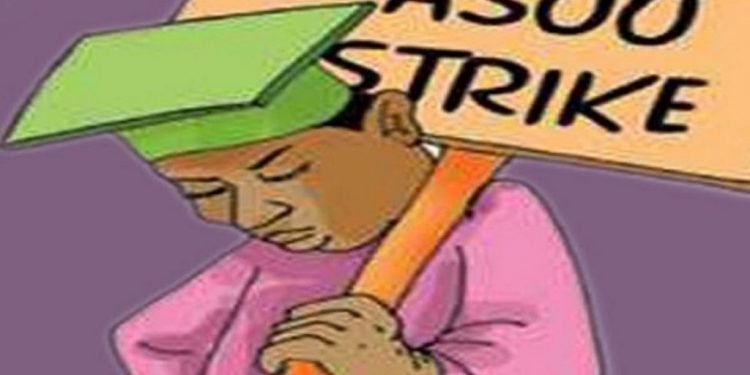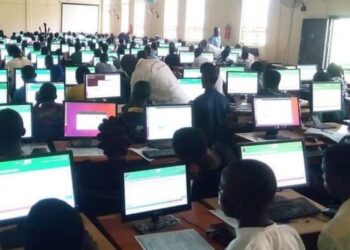The Academic Staff Union of Universities, ASUU has finally appealed the judgement of the National Industrial Court, NIC ordering it to call off its strike of over 7 months.
ASUU filed the appeal at the Court of Appeal sitting in Abuja.
The notice of appeal was issued on Friday by Abubakar Marshal, a lawyer in the Falana & Falana Chambers, the appellant’s lawyer, a copy of which was obtained by DAILY GIST.
DAILY GIST reported that the National Industrial Court in its ruling had ordered ASUU to suspend its eight months industrial action which began on February 14.
But the union, in a 14-ground of appeal it lodged through its team of lawyers led by a frontline human rights activist, Mr. Femi Falana, SAN, equally applied for a stay of execution of the judgement.
Recall that Justice Polycarp Hamman, ordered the striking varsity lecturers to return to the classroom, pending the determination of a suit the Federal Government filed to query the legality of their strike action.
The interim injunction directing ASUU members to resume work, followed an application FG filed through its lawyer, Mr. James Igwe.
Justine Hamman held that the order was both in national interest and for the sake of undergraduates in the country that have been at home since February 14.
He held that the strike action was detrimental to public university students that cannot afford to attend private tertiary institutions.
“The balance of convenience tilts in favour of the applicant.
“I hold that this application is meritorious and this application is granted”, Justice Hamman ruled.
Dissatisfied with the decision, Femi Falana SAN appealed the ruling.
In the court documents, ASUU explained fourteen grounds with associated particulars of error by the lower court judge.
The appellant stated that there was no evidence before the lower court about the age of the innocent students being denied the opportunity to complete their studies, describing the judge’s observation as based on hearsay.
They further argued that the lower court did not exercise its discretion judicially and judiciously.
The union contended that the judge erred when he held that the strike was an infringement of the rights of the federal government, the owner of federal tertiary institutions.
The union urged the appellate court to grant the appeal.









